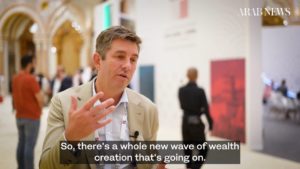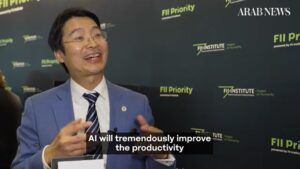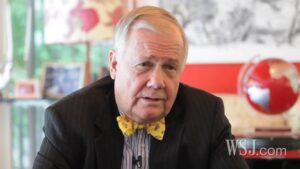
Traditional luxury markets have contracted, with the exception of travel, which is one of the conclusions of the 2025 Hurun Chinese Luxury Consumer Survey. “The average household consumption of China’s HNWIs was down 12% in the past year,” says Rupert Hoogewerf, chairman of Hurun, the research organization responsible for the Hurun Rich List in the Jing Daily.
The Jing Daily:
While travel flourishes, traditional luxury markets face headwinds. Hurun estimates that China’s luxury market contracted by 3% YoY, falling to $230 billion in 2024. High-end watches declined by 22%, luxury jewelry fell by 10%, and premium handbags dropped by 9%.
Meanwhile, luxury experiences thrive. The market for high-end services including hotels and travel grew 17% year-on-year.
“The average household consumption of China’s HNWIs was down 12% in the past year,” says Rupert Hoogewerf, chairman of Hurun, the research organization responsible for the Hurun Rich List. “This has forced high-end brands to deliver higher quality for a lower price.”…
Beyond destination preferences, Chinese HNWIs increasingly seek specific travel themes. Historical sites (13%), sunshine beaches (12%), and luxury resorts (11%) comprise the top travel themes. Cultural tourism has seen strong growth, while “short-distance luxury travel” and “ocean cruises” have emerged as new categories of interest.
Today’s typical Chinese luxury consumer is 35 years old, with family assets of 47.5 million RMB ($6.55 million), and resides in a 270-square-meter home. They spend seven days monthly on business travel and expect financial freedom by age 46.
“The lifestyle, investment, and brand preferences of the luxury consumers in China has changed dramatically in the past 20 years,” Hoogewerf says. “Preferred travel destinations have shifted from Australia, France and the U.S. to the Maldives, Singapore and Dubai; preferred sports have shifted from golf to running.”
These evolving preferences not only reshape China’s luxury industry and market but carry significant implications for global luxury markets and travel destinations seeking to capture this influential consumer segment in 2025 and beyond.
Rupert Hoogewerf is a speaker at the China Speakers Bureau. Do you need him at your meeting or conference? Get in touch or fill out our speakers’ request form.
Are you looking for more luxury consumption experts at the China Speakers Bureau? Do check out this list.




















